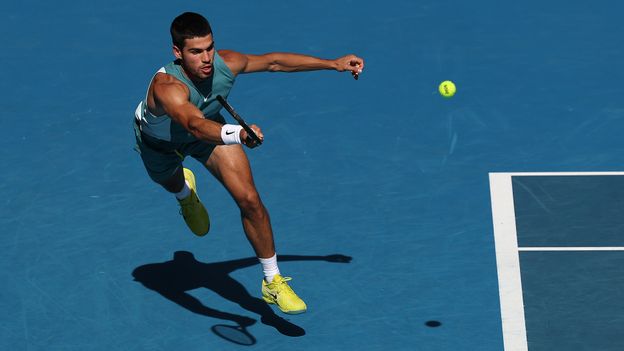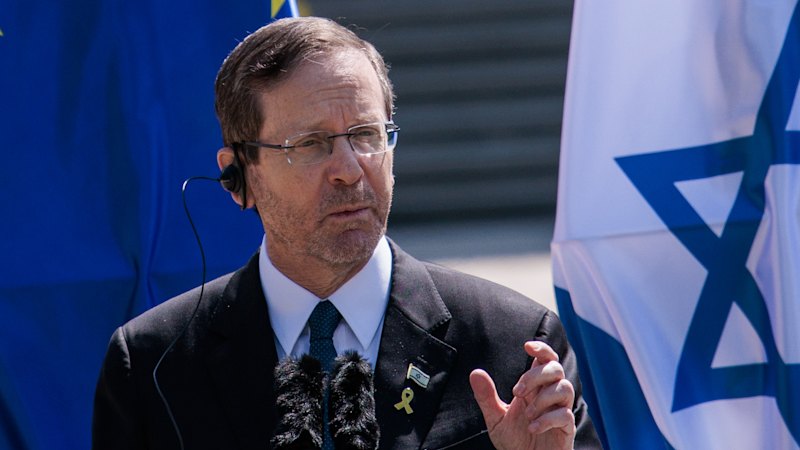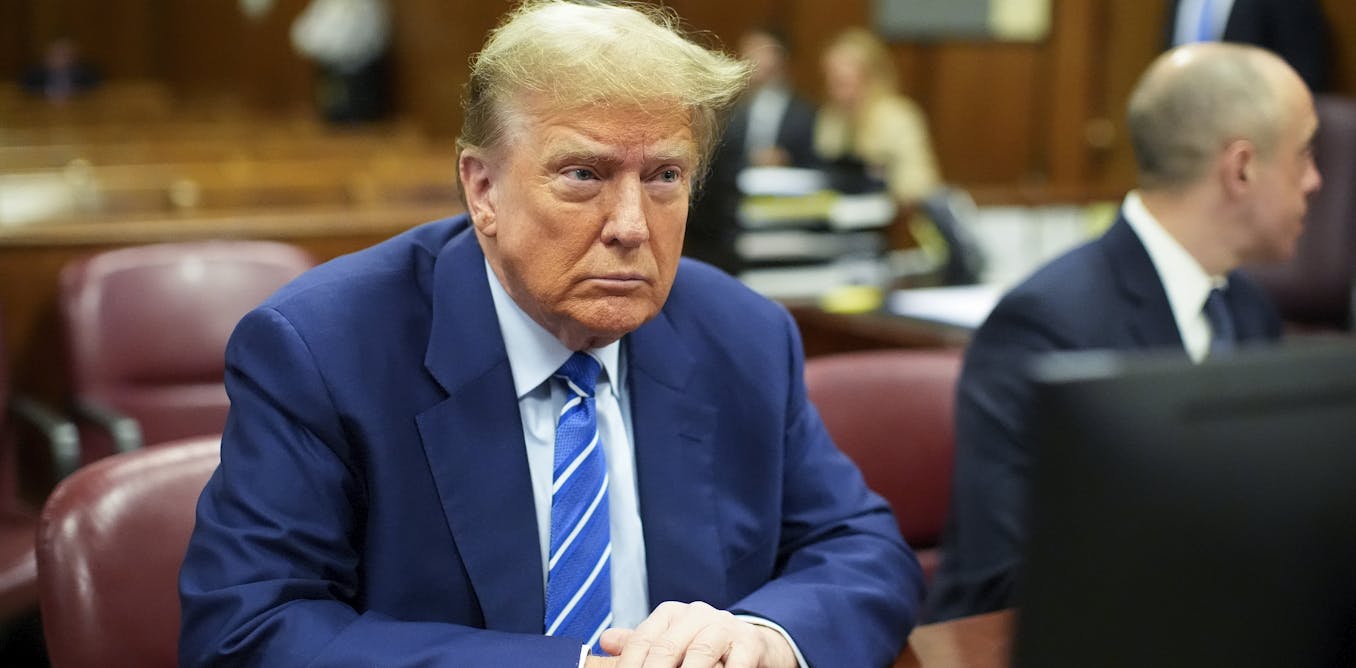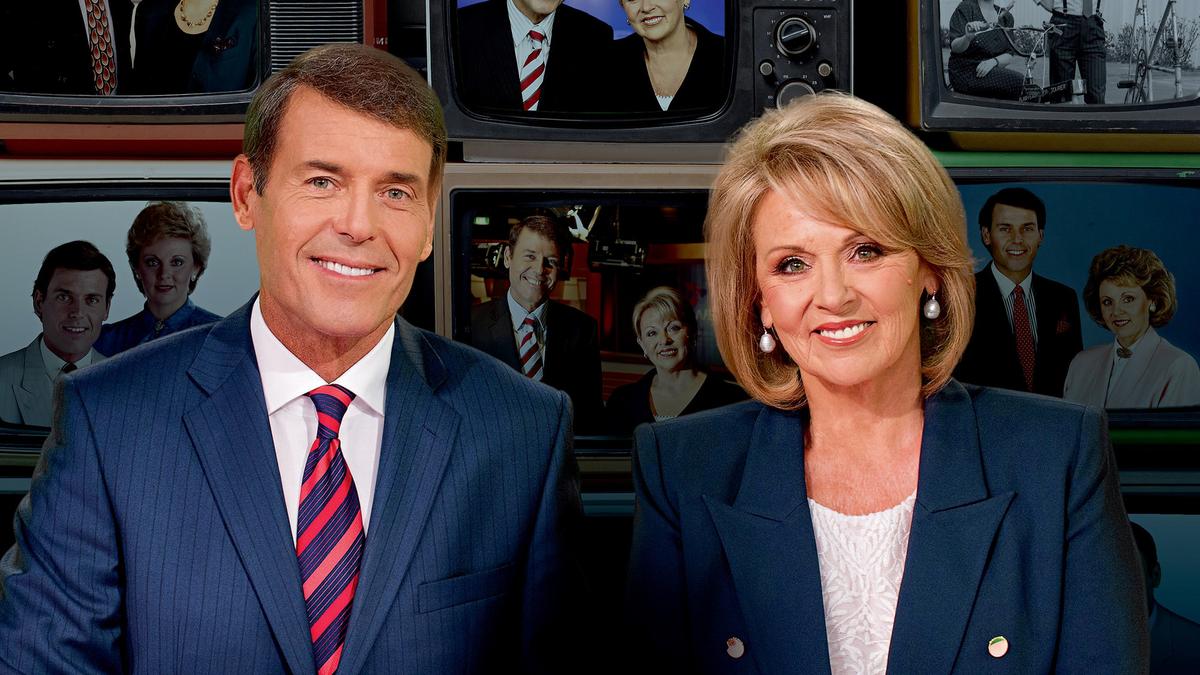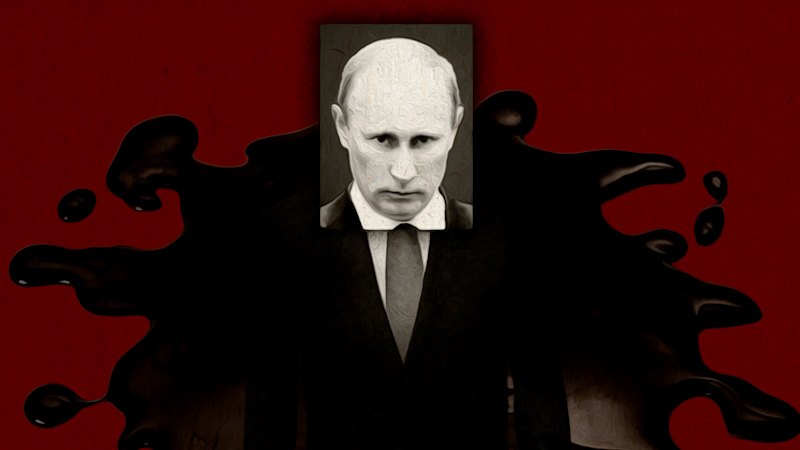
Russia has overtaken Australia to become one of the top five most powerful countries in Asia, according to the latest Asia Power Index by the Lowy Institute. This shift comes as President Vladimir Putin strengthens alliances with fellow authoritarian leaders and navigates global sanctions imposed after Russia’s invasion of Ukraine.
The publication of the index coincides with calls from prominent human rights advocate Bill Browder for Australia to take a leading role in halting the Russian oil trade. Browder asserts that cutting off oil revenues is crucial to preventing Putin from succeeding in the ongoing conflict.
The United States retains its position as the most powerful nation in Asia, but the index highlights the increasing influence of China and Russia, while democracies like Australia face challenges in maintaining their previous levels of power.
Russia’s Resurgence in Asia
The Lowy Institute report, authored by analysts Susannah Patton and Jack Sato, notes, “Russia’s power in Asia is resurging, aided by support from other authoritarian revisionist powers, in particular China and North Korea.” The report suggests that the collaboration among these countries, prominently displayed during China’s 2025 Victory Day Parade, poses a significant challenge to the United States and its allies.
The Asia Power Index, first launched in 2018, evaluates power through 131 indicators across military capability, economic relationships, and diplomatic influence. China ranks as the second-most powerful nation in Asia, followed by India and Japan in third and fourth places, respectively.
“Russia’s economy continues to grow, albeit at a slow rate, a phenomenon described by analysts as ‘Fortress Russia’, referring to Moscow’s ability to weather costs of war and sanctions,” the report states.
Despite the ongoing conflict in Ukraine, Russia scores highly for its resilience, reflecting its relative security in resources, geoeconomics, and geopolitics compared to many Asian countries. This resilience partially explains Russia’s capacity to withstand large-scale international sanctions.
Australia’s Decline in Influence
Meanwhile, Australia has slipped from fifth to sixth place in the index, despite the Albanese government’s efforts to secure security treaties with Indonesia, Papua New Guinea, Tuvalu, and Nauru. The report suggests that Australia must intensify its efforts to maintain influence in an increasingly competitive geopolitical landscape, including boosting defense spending.
The authors comment, “The slower pace at which Australia is modernising and expanding its armed forces compared to other countries in Asia contributed to its declining score for military capability, with static or negative scores on almost all indicators for this measure.”
Susannah Patton adds, “Australia is making more ambitious security commitments to the region, but virtually all defense experts agree our own military spending is not commensurate to the nation’s needs.”
Impact of Global Policies and Sanctions
China has also benefited from the previous US administration’s punitive tariffs and lack of interest in Asian diplomacy, achieving the highest-ever diplomatic influence score of any country. “The Trump administration’s approach to Asia has been very chaotic. There is no strategy,” Patton remarks.
Bill Browder, often referred to as “Russia’s most wanted man” after his deportation from the country in 2005, emphasizes that ending Putin’s access to oil revenues is “the key to ending the whole war.” He advocates for the cessation of the Russian oil trade as a straightforward solution to the conflict.
Fortescue Mining founder Andrew Forrest recently urged the Albanese government to prevent Russian-origin oil from entering Australia. He stated, “No family filling their car with petrol should have to wonder whether their money is helping bankroll Putin’s assault on Ukraine. This should ring alarm bells across Australia.”
Australia has banned direct imports of Russian oil since the Ukraine conflict began, but Russian-origin oil continues to enter the country after being refined in intermediary nations like India. Foreign Minister Penny Wong has indicated that the government is working with the EU and Britain to ensure Russian-origin oil does not reach the Australian market.
“This is not complex at all. It’s very straightforward,” Browder insists. “We go to the refineries in India, China, and Turkey and give them a choice: you can keep buying Russian crude oil, or you can do business with us.”
As peace negotiations unfold in Geneva, Browder remains skeptical of Putin’s intentions, stating, “Putin has no intention of stopping the war. He wants to derail oil sanctions and kick them into the long grass.”
The developments in the Asia Power Index underscore the shifting dynamics of global power and the ongoing challenges faced by democratic nations in countering authoritarian influence. As geopolitical tensions continue to evolve, countries like Australia will need to reassess their strategies to maintain influence and security in the region.
